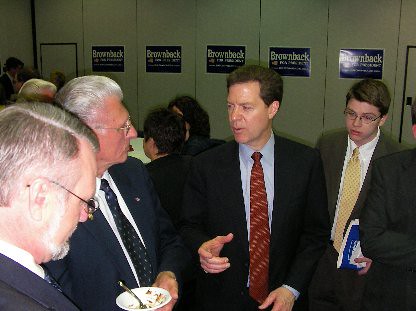
I have mentioned two or three or thirty times that I am not the only person in the development world who obsesses about how we could do our work better. Everyone has ideas; it’s a very common topic of conversation among people who work in this field. Most of us have the same ideas. So why don’t we ever get to act on them? There are a few reasons I can think of:
Donors don’t always know what they are doing. Government donors are usually democratic nations, which means in practice that foreign aid programs are often defined by legislatures with no real background in international development. So you end up with earmarks for pet ideas, rules forbidding useful practices like harm reduction, and an overall lack of direction. Private donors tend to go for exciting quick impact ideas like mobile health clinics and cash-for-work projects. Overall, complicated, unsexy ideas like health system strengthening may go unsupported.
Donors are politically motivated. I have seen health projects where the donor chose the pilot areas because of mysterious HQ calculus about the possibility of terrorism or political instability. Or take a look at how funding goes to Gaza and the West Bank. Donors have reasons for supporting international development funding that go way beyond supporting international development, and it can be hard to take that money and make it useful. Many (maybe most) organizations tend to try anyway.
Lack of time. There is a steady supply of new research on what works in international development. There is no steady supply of time in which to read that research and figure out how to apply it in practice. Some places have a technical team at headquarters to keep up with new research and recommend how to use it. That’s not as common you would think, though, because that kind of work counts as an overhead expense. High overheads make it hard to get grants and donations.
Host country capacities. A good development program works with the host country government to build its skill set, so that impact will continue once the program is over. Sometimes that means obeying host country regulations that contradict best practices, or spending a year convincing a government to change its rules. For example, some countries in Sub-Saharan Africa were achingly slow to adopt community therapeutic feeding (plumpy’nut and other RUTFs) even when the data showed it was much more effective than older ways of treating malnutrition. It’s miserable being stuck in a project that could be doing far more than it is allowed to, but I think the alternative – setting up an aid system that is parallel to the government – or worse yet, contradictory – is worse in the long term.
Funding and evaluation cycles. It’s very hard to design a program that will have a long term impact and also start showing results in two years. It’s not impossible; I’ve worked for several projects that managed it. But it’s hard. It limits your options severely. And inexperienced or unskilled NGOs may just aim for quick results and worry about the long term later.
This is not an exhaustive list. It’s just off the top of my head. What am I missing?
************
Photo Credit: Iowa Politics.com
Chosen because Senator Brownback once tied up hundred of hours of manpower from an HIV/AIDS program because he didn’t understand the difference between harm reduction and risk reduction.

And what about donors following the crowd? It seems to me that for the moment a lot of donor “conventional wisdom” is not at all evidence based, but based on exchanging and reinforcing the same ideas.
Sounds a lot like educational policy work. 🙁
[…] And, for good measure, some insightful thoughts on why solid new ideas that get talked about in the development community don’t always get tried out, and some really horrible ones actually come to fruition in the field. Some wonderful insights on why we don’t do better. […]
[…] Why don't we do better – Blood and Milk – Looks at the constraints aid organizations face in trying to improve their work. […]
In my opinion the aid of development works. How would be the world whitout it? We can do better, sure, always we can do better. Sometimes people out of this world criticise me telling that the NGO does not work, a lot of thiefs, etc. I think NGO have smaller objetives than people think. The develpment is made by companies, states, an citizens, not by NGO. These organitation help, and have the important mision of control goverments, army, and others powerful groups.
Anyway the reasons in the post are truthly.